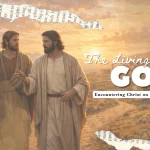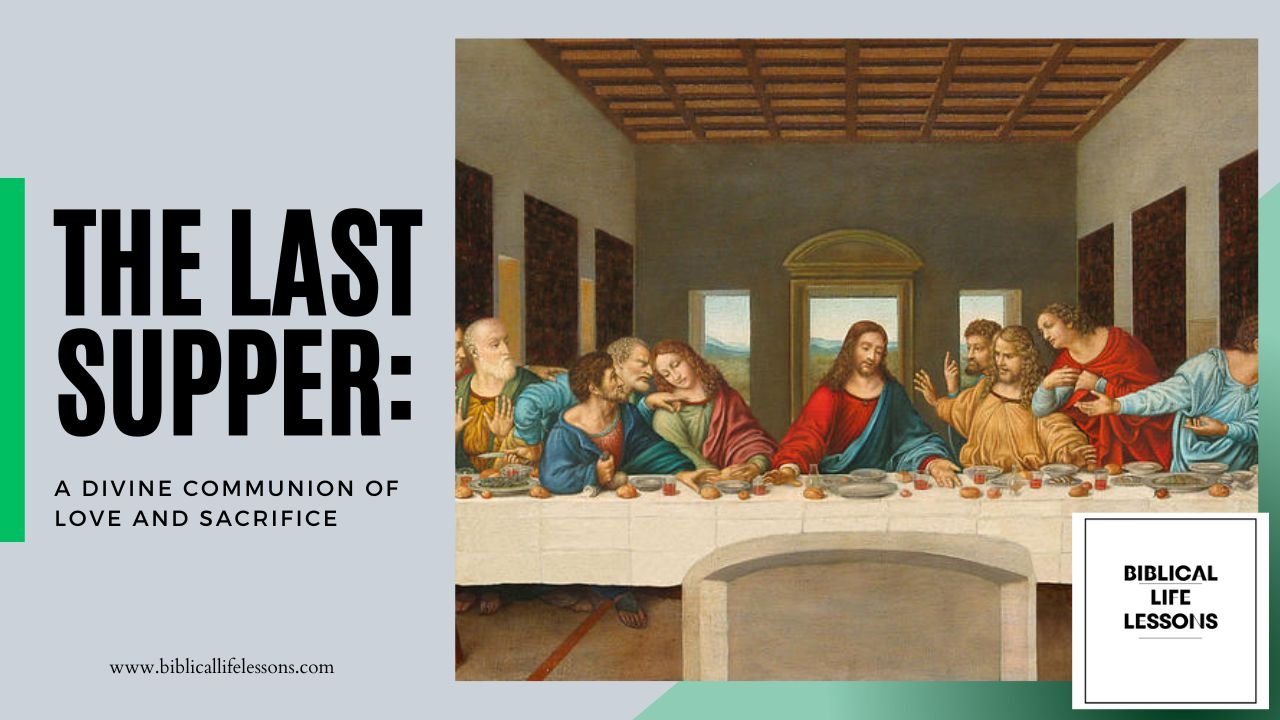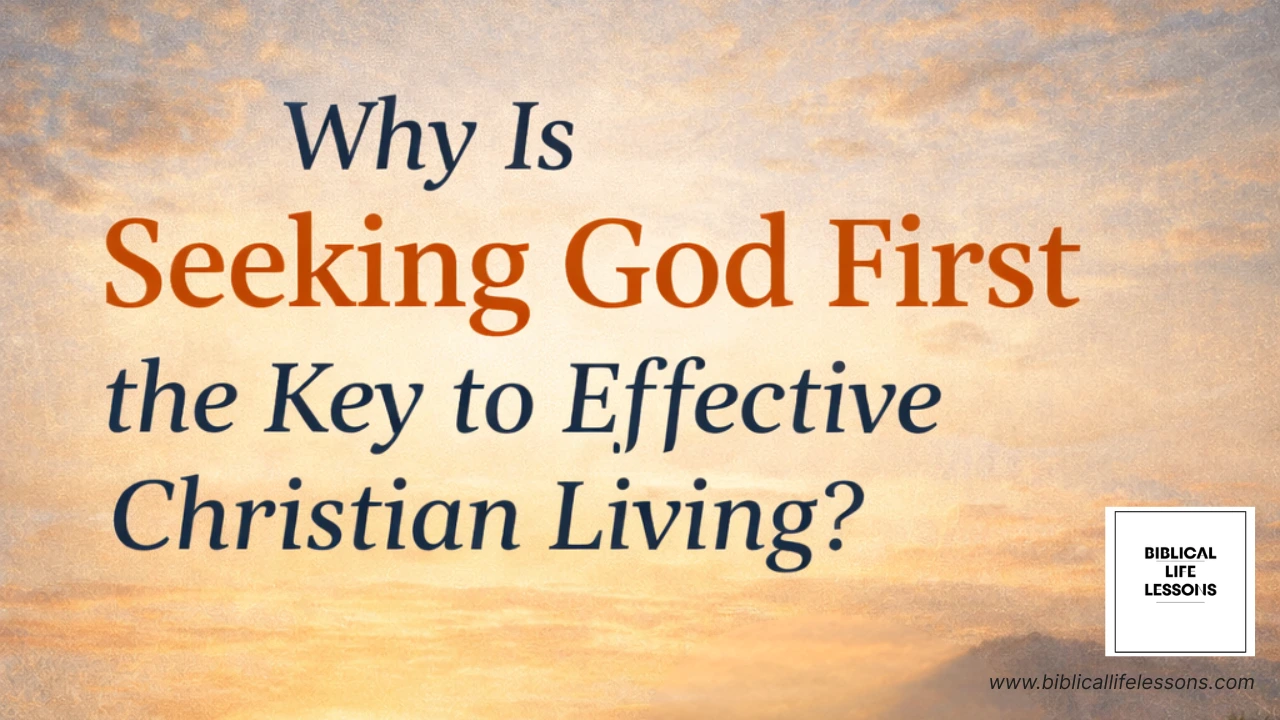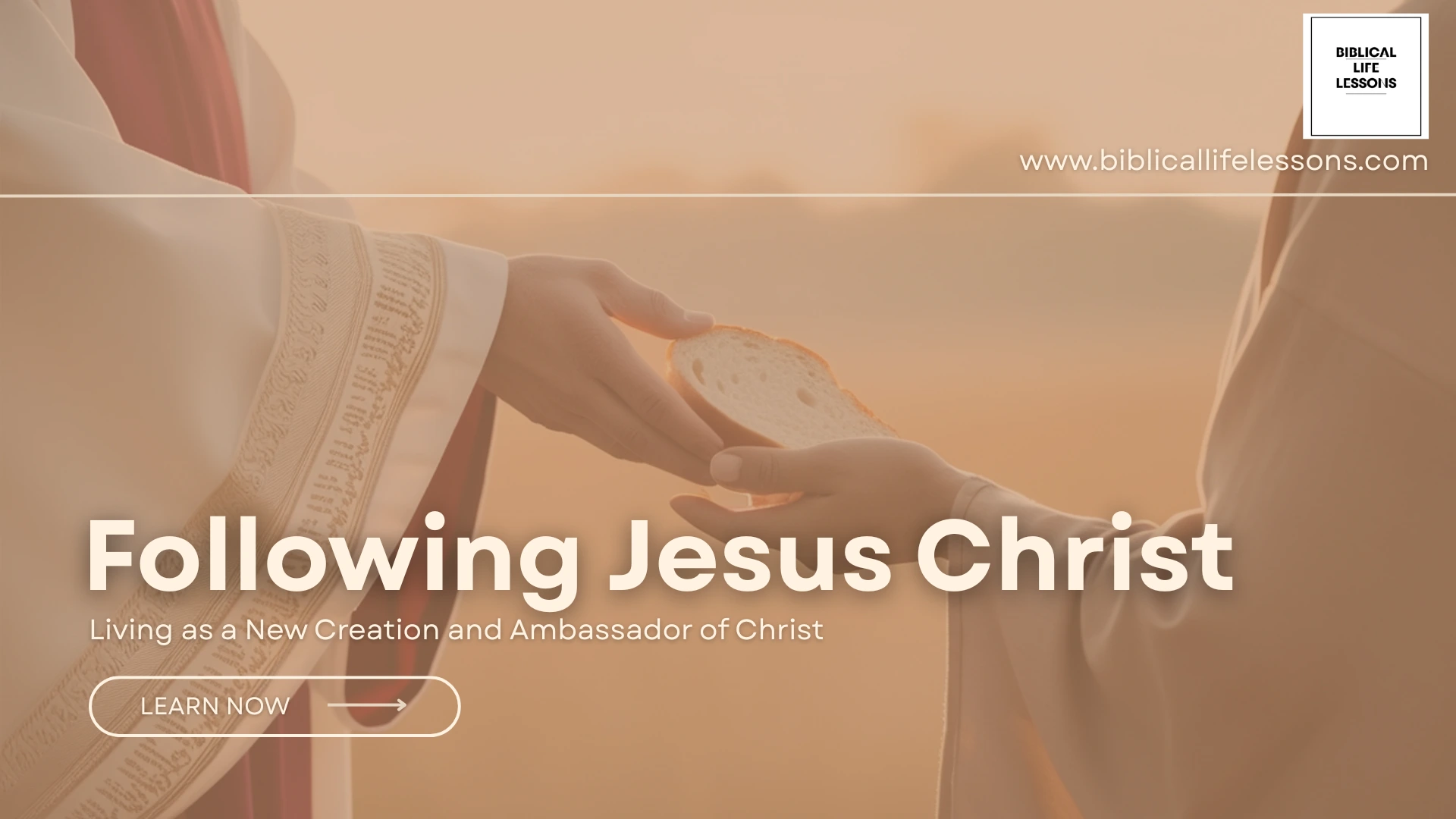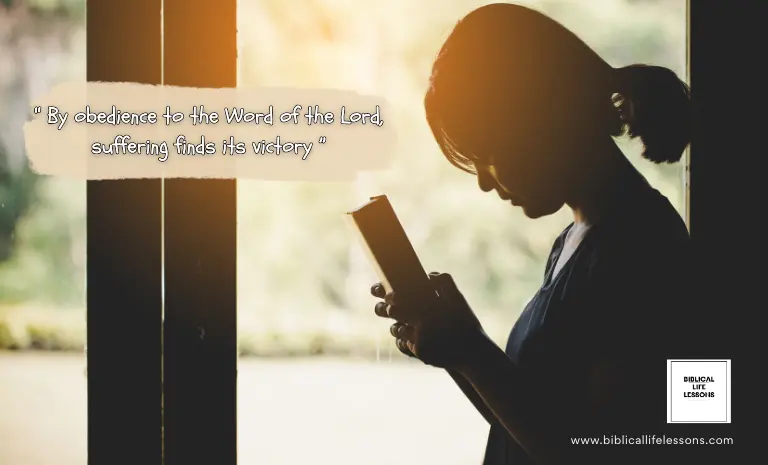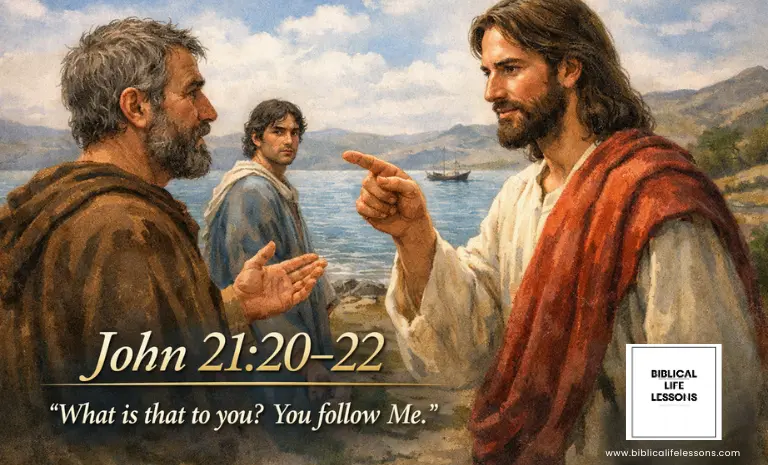The Last Supper, as narrated in the biblical accounts of Matthew 26, Mark 14, Luke 22, and John 13, stands as a pivotal moment in the life of Jesus Christ. This sacred event not only marks the institution of the Eucharist but also imparts profound life lessons that continue to resonate through the ages.
Understanding the Last Supper
In the accounts of Matthew, Mark, Luke, and John, the Last Supper takes place during the Passover feast, which was a significant Jewish celebration. This gathering in an upper room in Jerusalem was a poignant moment shared by Jesus and His disciples, just before His crucifixion.
Matthew 26:26-28 (NIV)
While they were eating, Jesus took bread, and when he had given thanks, he broke it and gave it to his disciples, saying, “Take and eat; this is my body.” Then he took a cup, and when he had given thanks, he gave it to them, saying, “Drink from it, all of you. This is my blood of the covenant, which is poured out for many for the forgiveness of sins.”
Mark 14:22-24 (NIV)
While they were eating, Jesus took bread, and when he had given thanks, he broke it and gave it to his disciples, saying, “Take it; this is my body.” Then he took a cup, and when he had given thanks, he gave it to them, and they all drank from it. “This is my blood of the covenant, which is poured out for many.”
Luke 22:19-20 (NIV)
And he took bread, gave thanks and broke it, and gave it to them, saying, “This is my body given for you; do this in remembrance of me.” In the same way, after the supper he took the cup, saying, “This cup is the new covenant in my blood, which is poured out for you.”
John 13:4-5 (NIV)
So he got up from the meal, took off his outer clothing, and wrapped a towel around his waist. After that, he poured water into a basin and began to wash his disciples’ feet, drying them with the towel that was wrapped around him.
During this meal, Jesus did more than just share bread and wine; He humbly washed the feet of His disciples, emphasizing the servant-leadership that should define His followers.
Life Lessons from the Last Supper
1. The Power of Remembrance The institution of the Eucharist at the Last Supper teaches us the significance of remembrance. As we partake in the bread and wine, we remember Christ’s ultimate sacrifice for our sins. It’s a reminder of His love, grace, and the new covenant between God and humanity.
2. Servant Leadership The act of washing the disciples’ feet is a poignant lesson in humility and servant leadership. Jesus, our Lord and Savior, took on the role of a servant, demonstrating that leadership is about selflessness and caring for others.
3. The Promise of Redemption In the Last Supper, Jesus foreshadows His impending crucifixion. His body broken and blood shed symbolize His redemptive sacrifice for our sins, offering salvation and forgiveness to all who believe.
4. Unity and Communion The Last Supper unites believers in Christ through the sharing of the Eucharist. It emphasizes our communal relationship with God and fellow believers, transcending differences and divisions.
The Last Supper, with its sacred elements of communion and servitude, holds timeless lessons of love, redemption, and humility. It is a testament to Christ’s enduring influence and His call for us to follow in His footsteps, living a life marked by love and selflessness.
Incorporating these lessons into our lives can lead to a deeper spiritual connection, a more profound understanding of God’s love, and a commitment to serving others with humility and compassion, just as Jesus did on that momentous night.
As we partake in the Eucharist and remember the Last Supper, let us be mindful of the life-changing principles it imparts and strive to live by them, allowing the spirit of Christ’s sacrificial love to shine through our actions.
Let us hold in our hearts the significance of the bread and wine, and let us never forget the divine teachings of the Last Supper, where Christ’s love, humility, and redemption were made manifest.
Subscribe for Daily Email Devotionals



